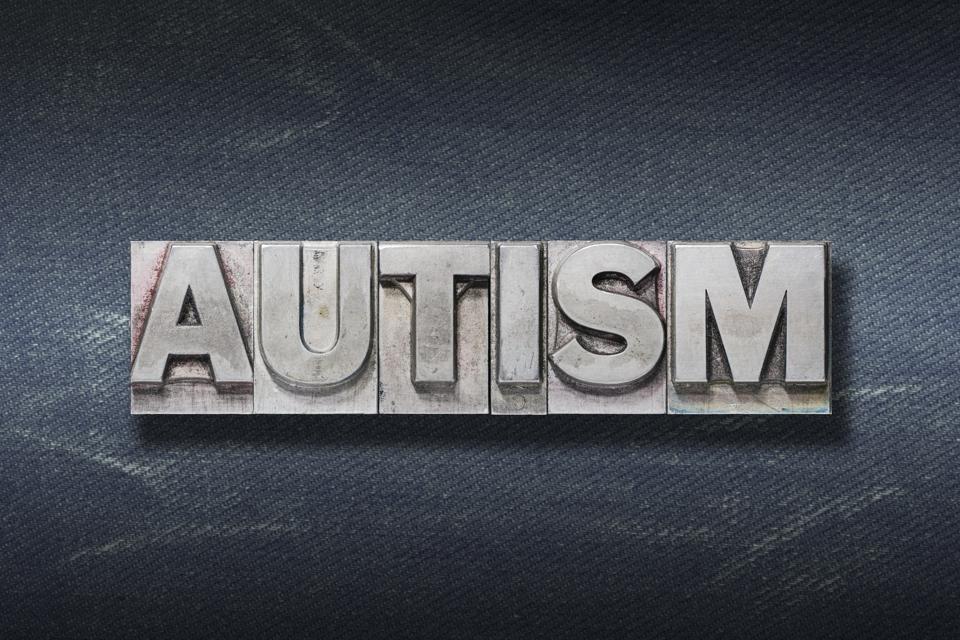Think about the last time you traveled to visit a different culture. Perhaps you studied abroad or you were around people from a very different community than yours. Did you feel friction? That likely is due to the double empathy problem.
According to the National Autistic Society, “The theory of the double empathy problem suggests that when people with very different experiences of the world interact with one another, they will struggle to empathize with each other. This is likely to be exacerbated through differences in language use and comprehension.”
The double empathy problem also applies to autism acceptance. In my interview with Dr. Angela Kingdon, co-author of the book Adult Autism Home Assessment and co-host of the “Autistic Culture” podcast, she said, “The biggest thing I would like to teach to the whole world is Damien Milton’s double empathy problem. People often say that autistic people don’t have empathy. Milton tested empathy with different groups and found different results. A pair of autistic and one autistic and one neurotypical. Two autistic people equated perfect empathy, two neurotypical people equaled perfect empathy. But it’s when you combine a neurotypical and an autistic person that there is an issue.”
It’s easier to empathize with somebody with similar lived experiences to you. It requires more effort to understand people with different lived experiences from yourself. Empathy can be like building bridges between one another, and those bridges are longer the more different our experiences are. Bridging is shorter when we have more in common.
Often, because people are unfamiliar with how to navigate conversations around autism, they struggle to find the right things to say and do. Dr. Kingdon highlighted common missteps even well-intentioned allies can make when talking about autism.
- “They don’t look autistic.”
- “Everyone is a little autistic.”
- “How bad is it?”
In these situations, you can be a better ally by acknowledging that autistic people are not a monolith. No specific looks or physical characteristics can identify someone as autistic. If you think you might be a little autistic, take an assessment or Dr. Kingdon’s Autistic Culture quiz to learn more. Instead of assuming that autism is bad, ask about people’s support needs. Support needs are neutral, not good or bad, and make more room for differences.
To help with autism acceptance, Dr. Kingdon also recommends that allies learn about special interests, advocate for boundaries and discuss sensory needs.
Learn About Special Interests
Dr. Kingdon was at a restaurant and noticed a young boy with a stack of books about tanks. Noticing the caregiver trying to occupy the boy, she asked the boy about tanks. He continued to share lots of facts and details he had learned. She inquired about his favorite tanks and he happily shared more about his special interest. It calmed him and made it easier for his caregiver to manage the situation. She recommends that allies also ask about others’ special interests which she calls “the special interests button” or “spinbonding.” Autistic people tend to have very deep and profound special interests. By showing a willingness to learn about something that someone else is interested in, you can better build bridges and empathize and also share more about your special interests.
Advocate for Boundaries
“To stay alive we have to learn boundaries. Autistic people have to know what works for them and advocate for their unique needs,” Dr. Kingdon said. For example, autistic people tend to prefer clear and direct communication. Social situations can be overwhelming and unpredictable environments can be triggering for people with autism. Rather than rely on autistic people to advocate for their own boundaries, try to anticipate situations that could be potentially triggering and help others navigate boundaries with them.
Discuss Sensory Needs
For many autistic people, there are significant sensory needs. For instance, many autistic people have a heightened sense of hearing, and loud noises, rattling sounds or even electricity can be distracting in the work environment. Dr. Kingdon recommends learning about your team’s sensory needs, either one-on-one or in a team environment if there is established trust and acceptance. To be a better ally, consider asking about the team’s sensory needs and try your best to accommodate them. She cites that fifty percent of accommodations are cost-neutral, and most are simple remedies that make the workplace better for some and likely better for all.
“To me, it was logical that if there was some sort of cognitive difference, then one’s own experience of social life would be different too,” Damian Milton, founder of the double empathy problem stated. These differences don’t mean we can’t empathize as allies.
April is Autism Acceptance Month. Perhaps you can try to learn about special interests, advocate for boundaries or discuss sensory needs.

